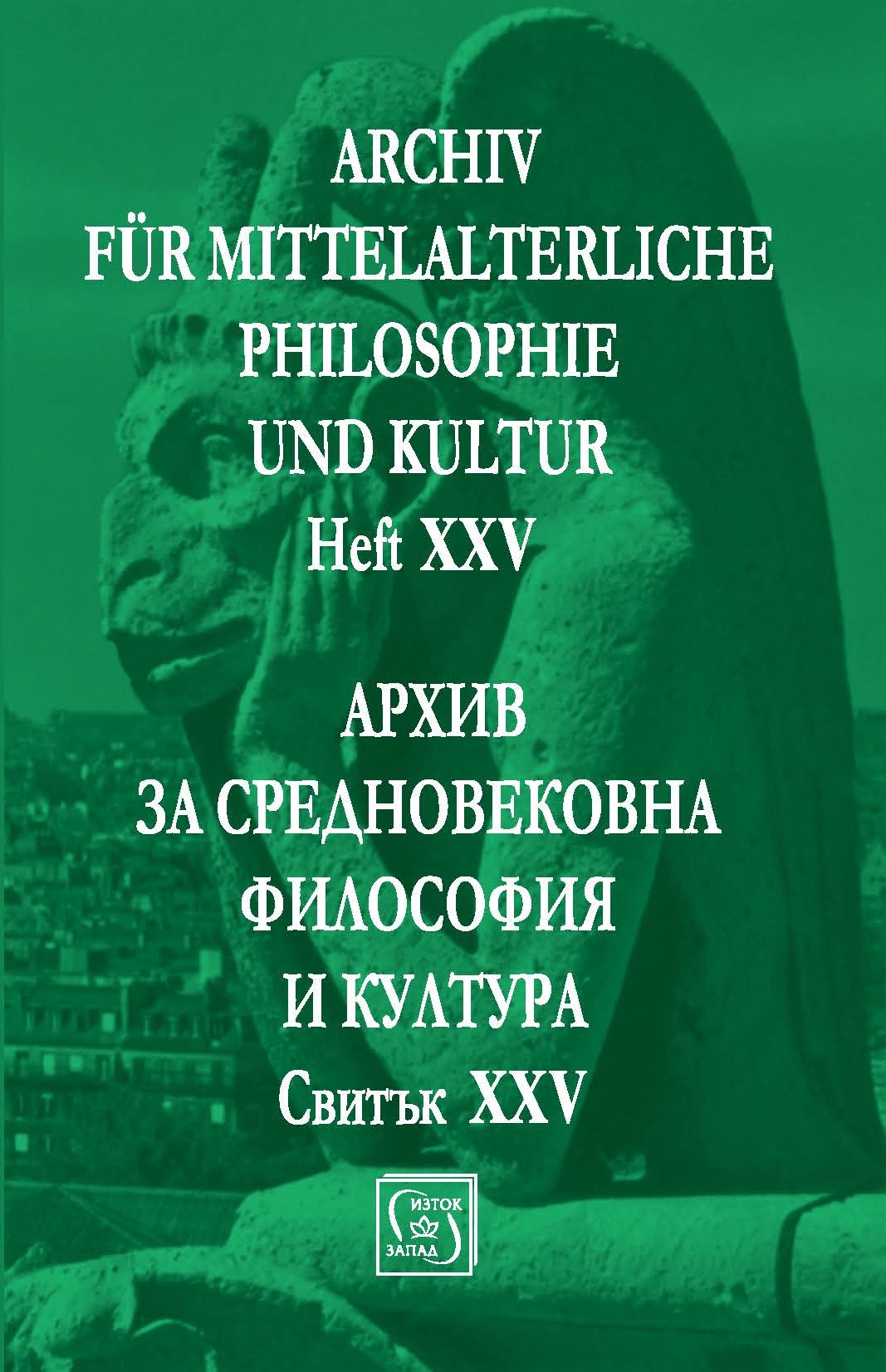Мисията на свободните изкуства: една възможна интерпретация
The Mission of Liberal Arts: an Alternative Interpretation
Author(s): Oleg GeorgievSubject(s): Christian Theology and Religion, Philosophy, Fine Arts / Performing Arts, Philosophy of Middle Ages, Early Modern Philosophy, History of Art
Published by: Издателство »Изток-Запад«
Keywords: Liberal Arts; Paidea; Phronesis; Ancient philosophy; culture;
Summary/Abstract: In this paper, I am questioning the opinion that the Liberal Arts are traditionally perceived as a necessary instrument for “shaping culture”. In this context, it is not by accident that in the last two centuries one of the widespread ideas is to link the development of the Liberal Arts with the concept of culture itself. This view clears the path for the interpretation of egkuklios paidea (Εγκύκλιος Παιδεία) as a common culture, which pre-empts the authentic notion of culture. It prompts the development of a point of view on Liberal Arts, which presents them as part of a self-legislating and self-deploying process known as ‘culture’. In my view, though, a different philosophical analysis of the Liberal Arts reveals that during the Antiquity they primarily assisted the individual in contemplating the structure of being and partially in developing a specific mode of knowledge – phronesis, i.e. practical rationality. Practical rationality is both a way and a condition for personal achievement of moral virtues and personal improvement, rather than some sort of a cultural integration. It is therefore of significant importance to open the possibility for examining phronesis as ground for objective interpretation of the Ancient philosophical ethical and political consciousness.
Journal: Архив за средновековна философия и култура
- Issue Year: 2019
- Issue No: 25
- Page Range: 9-32
- Page Count: 24
- Language: Bulgarian
- Content File-PDF

